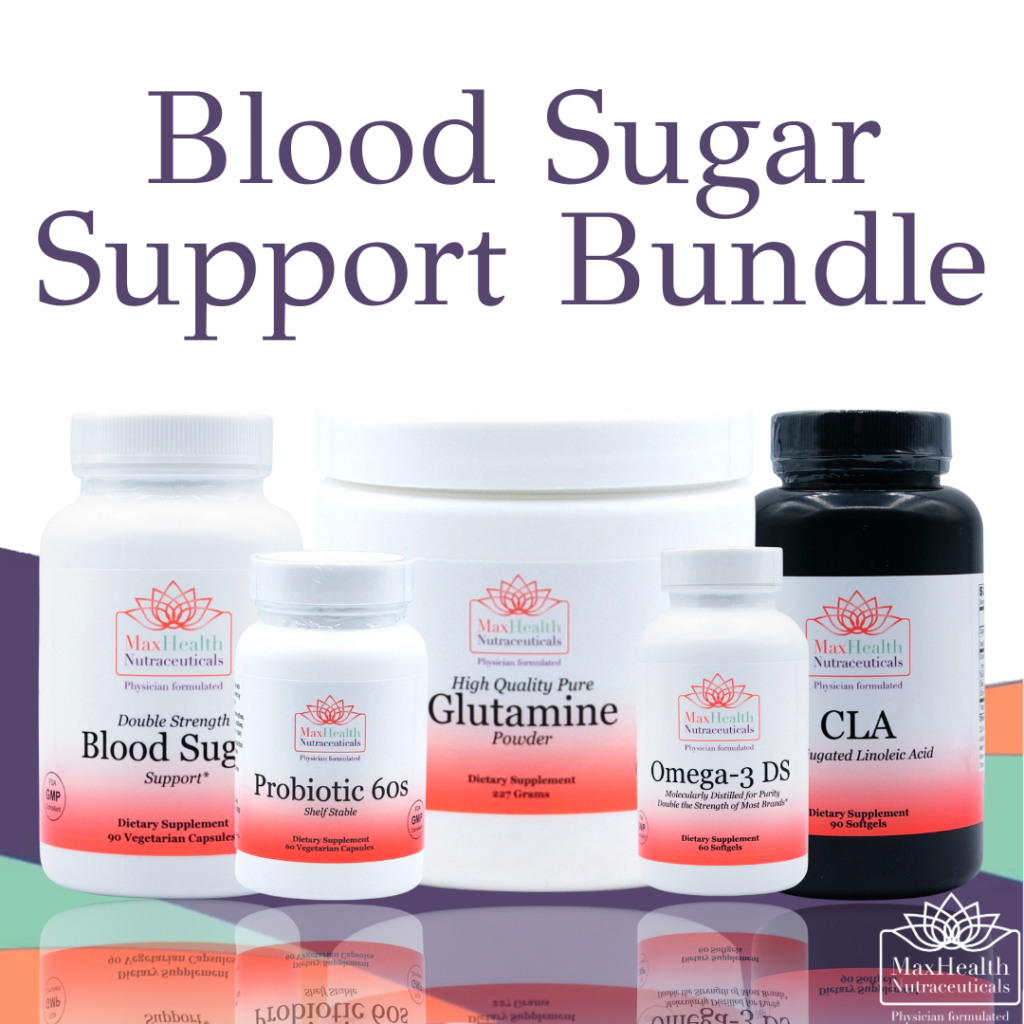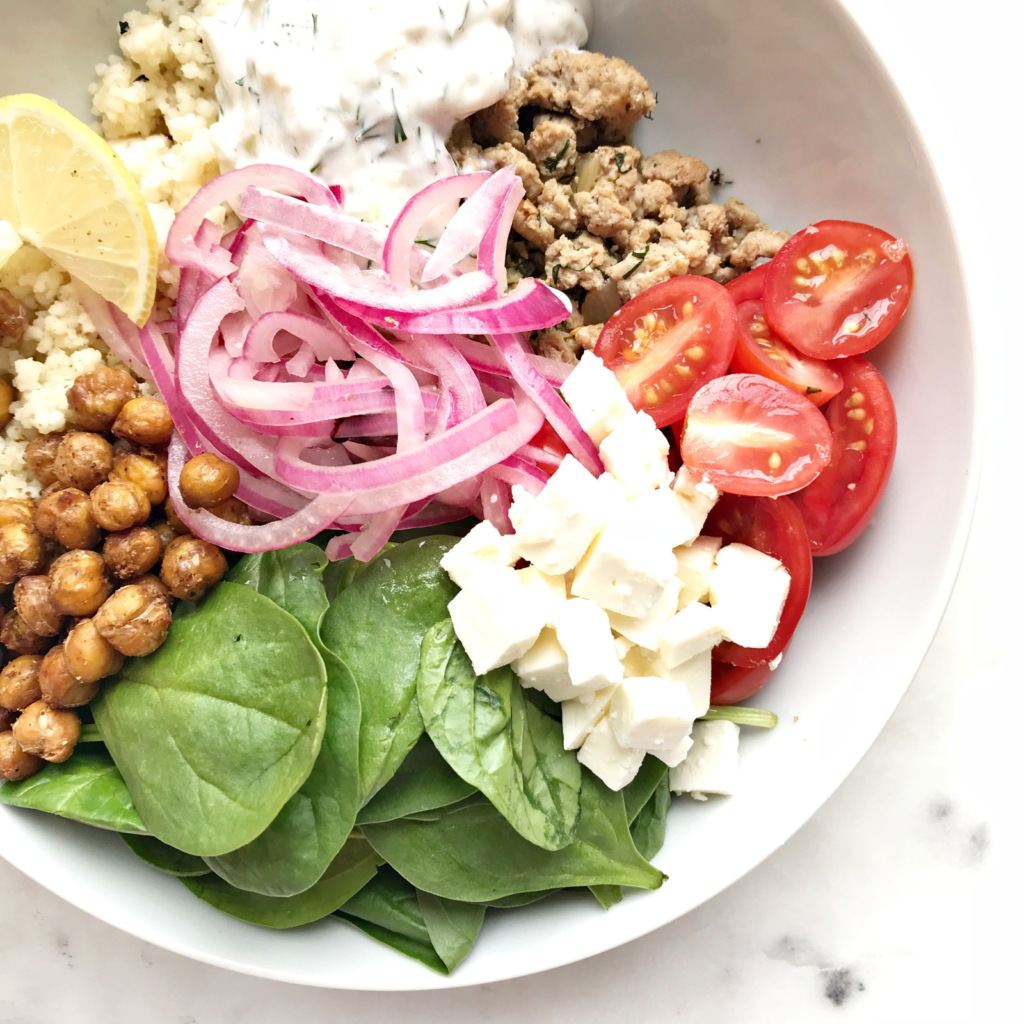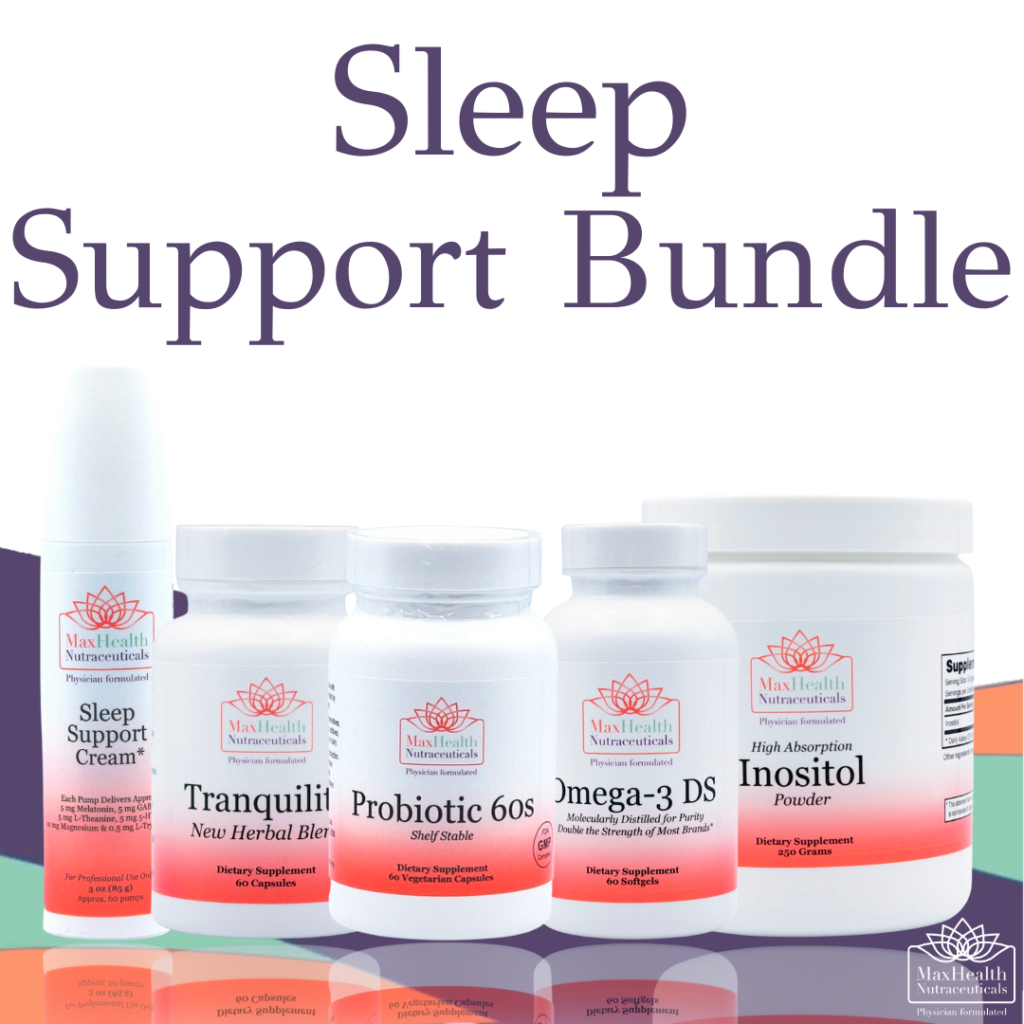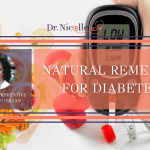
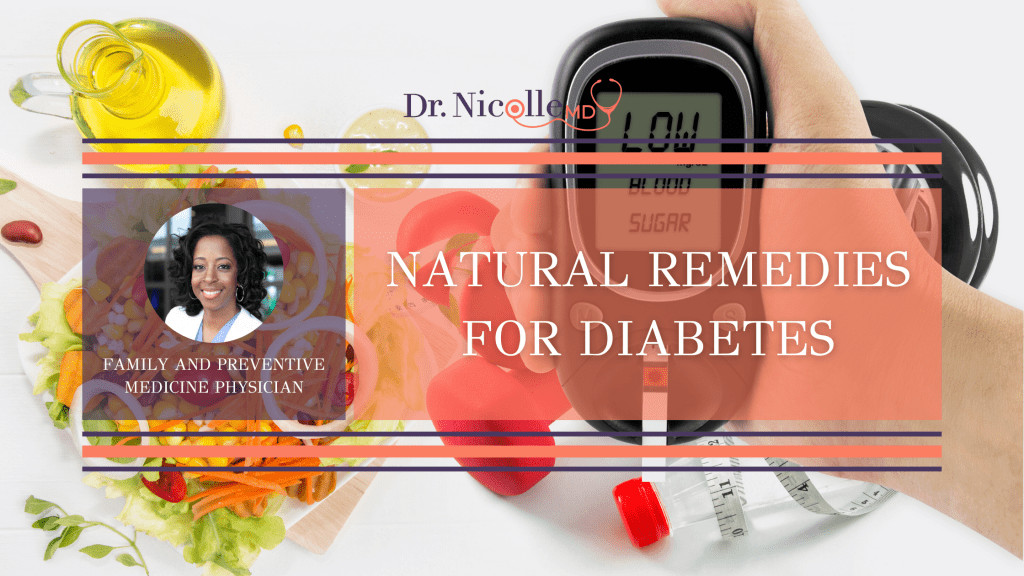
Have you been diagnosed with type 2 diabetes? If so, you might have the option to treat it naturally, as well as preventing it if you are pre-diabetes but don’t quite have the blood sugar problems just yet. These natural remedies are healthy for you, so they provide a lot of other benefits as well.
Cinnamon
Cinnamon is an extremely powerful seasoning, which is also considered a natural herb. It has a long list of health benefits, including helping you if you suffer from high blood sugar or high glucose levels as a result of diabetes. Cinnamon is great at helping to lower those blood glucose levels by using it in its ground or raw form. Just make sure you are using only cinnamon and not cinnamon with sugar added. You can add sugar to your coffee, sprinkle it on apples, or have a healthy bowl of oatmeal with cinnamon to provide fiber into your diet.
Acupuncture
If you are more interested in natural and holistic treatments for your diabetes, consider getting acupuncture. You should still see your regular physician for monitoring your blood sugar, but you might find that you can treat some of the side effects of diabetes with acupuncture. This ancient practice puts hair-thin needles into different pressure points of your body. It can help with things like inflammation, nerve damage, and eye problems caused by the diabetes.
Herbal Remedies
There are also quite a few herbs that can be used to help treat your diabetes. Like the other natural remedies on this list, make sure these are not replacing medical treatment or going against doctor’s advice, but instead supplementing with other methods to help with your diabetes. Some herbs to consider are:
- Fenugreek
- Ginger
- Okra
- Cinnamon
- Bitter melon
- Aloe vera
Nutrients
There are also some nutrients in the forms of vitamins and minerals that can help if you have diabetes. One of the most important ones is B1, or thiamine. This nutrient is often linked to people with diabetes due to a deficiency. You might get diabetes, blood vessel damage, or even heart disease without enough thiamine in your body. If you eat a healthy diet with lots of veggies, you can get more B1 in your diet. Some veggies include broccoli, onions, kale, spinach, eggplant, brussels sprouts, and carrots.
Sticking to natural herbs, a healthy diet, and acupuncture can provide good natural treatment for your diabetes.

If you would like to receive a free resource sheet to help you take control of diabetes, click the button below to receive your gift.
I wanted to talk about this topic because it is absolutely possible to prevent and even reverse Type 2 Diabetes (but you cannot reverse Type 1). Yes, it’s possible! and emerging studies looking at lifestyle medicine and prevention support this! But I always tell my patients that you must be dedicated and diligent in adopting a healthy lifestyle to get the best results. You can create certain behaviors and practices that will not only enrich your life, but that you can pass on to your family, friends, and community, to help break the cycle of this chronic disease so that you can leave a legacy of health to your loved ones.
I use functional medicine and lifestyle medicine as the first line of treatment, before medications, to treat lifestyle-related chronic diseases. Lifestyle-related chronic diseases include diabetes, hypertension, obesity, and some cancers, just to name a few. Lifestyle practices, such as eating a low glycemic, whole-food plant-based diet and regular physical activity, can help you improve your blood sugar levels, maybe reverse type 2 diabetes. In certain cases, these approaches may even outperform pharmaceutical therapy.
But I always tell my patients that conventional medications may be appropriate at this time to prevent catastrophic illness, but over time, you can work to make the necessary lifestyle changes to possibly reduce and/or eliminate medications. Please remember to always consult your physician for your particular needs and circumstances prior to making any decisions whatsoever.
Is Dietary Supplementation Right For You?
When it comes to managing your blood sugars (in general), pre-diabetes, and diabetes, there are many things that you can do to help control your blood sugar levels. One important aspect is diet. What you eat affects your blood sugar, so it’s important to be mindful of what goes into your body.
But it is very important to note that we are not eating the same foods we ate years ago because the soils have been depleted of critical nutrients through current industrial farming practices. And because the soil is not as good as it used to be, the food supply (grown from the depleted soil) is not as good as it used to be. For example, you are not getting the same levels of chromium and magnesium as you would have gotten 30 or even 50 years ago.
Second, much of the food has been processed and genetically altered, which can impact the inherent and unique nutritional composition that each food possess. For example, ancient einkorn wheat has less gluten, more protein, more Vitamin A, and more beta carotene, than modern genetically modified wheat.
Third, the toxic load in the environment today is much higher than 100 years ago. We can see this with global warming, toxic landfills, polluted oceans and waterways, etc. Toxicity levels interfere with nutrient assimilation and absorption not just into the foods, but into our bodies as well. We often see elevated blood sugar levels with poor nutrition and toxicity.
In addition to diet, there are dietary supplements that can have an impact on blood sugar levels. Dietary supplements for diabetes are becoming increasingly popular as people look for ways to improve their blood sugar control.
For some people, vitamin and mineral supplements offer important health benefits. Supplements are designed to fight deficiencies found in our diet and complement the food we eat regularly. Supplements are basically “helping hands” to our daily food.
If you suspect that you aren’t getting the nutrients you need, consider shifting your focus from supplements to eating better.
And if you are unable to eat better, the supplements in my Blood Sugar Support Bundle may provide the extra boost you need.
These are my favorite Diabetes Prevention Supplements to use! This Blood Sugar Support Bundle will ensure you have the intake of the important vitamins, minerals, and probiotics to decrease inflammation and boost your innate wellness day and night. Taken together, it’s a solid plan for increasing your body’s natural resiliency while encouraging healthy blood sugar levels.
For best results make sure you use these supplements with dietary changes including a whole food plant-based diet, regular exercise (at least 2-3x per week), regular sleep (8 hours per night), and intermittent fasting (at least 1-3x per week).
It’s important to note that supplements are NOT a replacement for your regular medication regimen prescribed by your doctor. However, they can be used in addition to help manage your blood sugar levels.
Supplements have the potential to interact with diabetes medications, so it’s important to speak with a healthcare provider before starting any new supplement regimen. Have you tried any dietary supplements for your diabetes? Share your experience in the comments below!
Tools For Diabetes Prevention and Monitoring
Blood Sugar Monitoring
As you know, I always stress the importance of taking control of your health. Monitoring your blood sugar levels is one of the best ways to do this. To do this, a single drop of blood is collected with disposable lancets and placed on a disposable test strip, which you insert into a home blood-sugar monitoring device, called a glucometer.
The common times for checking your blood sugar are when you first wake up (fasting), before a meal, 2 hours after a meal, and at bedtime; however, you should check your blood sugar as many times a day as your health care team suggests.
Monitoring your blood sugar level provides you and your doctors with important knowledge about how food, activity, medication, stress, and other elements might affect your blood sugar levels. This data will assist you and your doctor in developing a therapy plan that is suited to your demands.
There are several types of blood glucose meters, lancets, and test strips to choose from. I often recommend this glucometer, lancets, and test strips.
Weight Monitoring
Since weight management is very important in combatting chronic diseases such as diabetes, I recommend that you be mindful of your weight and its fluctuations, and that you monitor your weight AT LEAST on a weekly basis. I recommend a scale that includes a body composition monitor (*this scale cannot be used with a pacemaker or other implanted devices).
Physical Activity
Physical activity (or exercise) can improve your health and reduce the risk of developing several chronic diseases like high blood pressure, type 2 diabetes, and cancer, just to name a few. Physical activity actually improves insulin sensitivity. Physical activity can improve your mood, boost your immune system, and even help you maintain a healthy weight.
I often recommend yoga and resistance training for physical activity, but as you are aware, there are plenty of forms of “movement” that you can do! But for the basics, especially if you’re just getting started, yoga and resistance training are where I would start.
Yoga
Yoga can be a great way to improve your strength and flexibility, manage your stress, improve your heart health, and lose weight! I recommend using this yoga mat to get started with your yoga practice today!
Resistance Training
Resistance training is the mainstay for overall health. It not only has beneficial effects on reducing body fat, it also increases muscle size and strength. Here are some basic resistance bands that I recommend to everyone. They are great for physical therapy, yoga, strength training, and excellent for traveling.
Food!
Remember, living a healthy lifestyle including eating a whole foods plant-based diet and regular physical activity are the best ways to prevent diabetes.
The Diabetes Meal Plan is geared towards those people with diabetes or prediabetes. The foods are moderately low in carbs, low glycemic, fiber rich, and contain a balance of nutrients to help prevent blood sugar spikes and dips. Foods are also included that may help to lower blood sugar.
Please talk with your doctor about any complementary health approaches, including supplements, you use.

Dr. Nicolle Martin
I would love to give you a free resource sheet to support your overall wellness. Click the button below to receive your gift.
I really wanted to talk about this topic today because sleep is so very important for your overall health… PERIOD. Insomnia can be a real nightmare – and not just because you’re not getting enough sleep. Chronic insomnia has been linked to an increased risk of developing health problems like heart disease, high blood pressure, and diabetes. It can also lead to weight gain, impair your ability to concentrate, and even increase your risk of depression. In addition to these physical and mental health risks, insomnia can also take a toll on your energy levels and overall quality of life.
So if you’re struggling with sleeplessness, it’s time to take back control of your sleep habits – before it causes further damage. Fortunately, there are some simple strategies that can help you break the cycle of insomnia. Eating foods to balance your blood sugar levels can make for a better night’s sleep. From regularly scheduled bedtimes to calming nighttime rituals, you can make your bedroom a sleep sanctuary and reclaim your much-needed rest. Don’t let insomnia keep you up at night – start taking steps toward better health today!
Is Dietary Supplementation Right for You?
Good sleep is essential to your health, but it’s not always easy to get. That’s where dietary supplements come in! These products can help you get the restful slumber you need, without resorting to prescription sleep aids. They can also provide essential vitamins and minerals that may be missing in your diet.
But here’s the thing: if you don’t know what you’re looking for, shopping for dietary supplements can feel like a game of Russian Roulette. If you don’t do your research, there’s no telling what kind of quality product you’ll end up with (or how it’ll affect your sleep).
That’s why we recommend doing some research before you buy. Check out the label and look for ingredients that have been shown to help with sleep, like magnesium, valerian root or chamomile extract. You should also read up on reviews of different products; this way, you can be sure you’re getting something that actually works (and not just a placebo).
So, if you’re struggling to get some shut eye, why not try adding my Sleep Support Bundle to your routine? Trust me – you won’t regret it! All those sleepless nights will soon become a thing of the past! Plus, they’re totally natural so there’s no need to worry about side effects!
With this Sleep Support Bundle, an anti-inflammatory diet, and a good night’s sleep, you’ll be well on your way to better health! Good luck!
Tools To Improve Sleep
Eye Mask
Do you struggle to get a good night’s sleep? If so, you may consider wearing an eye mask. Yes, that’s right; wearing an eye mask could be just what you need to finally get some restful shut-eye. Here’s why:
First of all, it helps reduce exposure to light. Many people with insomnia find that even the smallest amount of light can prevent them from falling asleep and staying asleep. By placing an eye mask over your eyes you can create a complete darkness in your sleeping environment, making it easier for you to drift off into dreamland.
Plus, using one also creates a sense of privacy and comfort. We all know how difficult it can be to feel at ease when you’re struggling to sleep, but wearing an eye mask can help. Not only will it block out the light, but it’s also a sign that you need your rest and that no one should disturb you until morning. I recommend this Eye Mask.
Foot Soak
Soaking your feet in hot water before going to bed every night can prevent illnesses and prolong life. It can promote blood circulation, relax the body, relieve fatigue and greatly improve sleep quality. I recommend this Foot Spa Bath Massager with Heat.
Meditating
Mindfulness meditation may improve sleep quality. Studies have found that meditation can help reduce cortisol, which is the hormone associated with stress. Meditation increases the natural melatonin levels to help with more restful sleep. Furthermore, meditation is shown to have benefits on patients with mental health disorders who may experience insomnia as a symptom. By using meditation to reduce symptoms of stress, anxiety, and depression, some patients have an easier time falling and staying asleep.
Using a meditation cushion and mat can help facilitate your mediation process. Although you don’t need a cushion to meditate, you may want to consider using one at some point. You could meditate in a chair, or simply sit on the floor if you want. You can also use pillows or cushions from your furnishings to try out. Cushion, chair, bench, floor – it’s all good. Eventually, though, if you’re not sitting upright on a chair, you’ll probably do well to buy a dedicated meditation cushion. The cushion will support your sitting posture and help you create an appealing mindfulness corner that will encourage you to practice every day. I recommend this meditation cushion and mat bundle.
Some of the links in this article are "affiliate links", a link with a special tracking code. This means if you click on an affiliate link and purchase the item, we will receive an affiliate commission.
The price of the item is the same whether it is an affiliate link or not. Regardless, we only recommend products or services we believe will add value to our readers.
By using the affiliate links, you are helping support our Website, and we genuinely appreciate your support.
Last updated on February 29th, 2024 at 11:34 am


